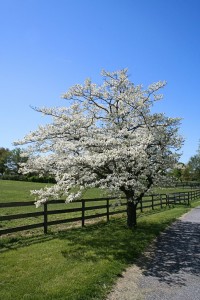From: ELLEN M. ROSS, Howard M. and Charles F. Jenkins Professor of Quakerism and Peace Studies, Swarthmore College, April 13, 2017
Dear President Trump, Vice President Pence, Members of the Trump Administration and 115th Congress,
As leaders of our nation, I imagine you seek to bring all Americans together to build a better future. Quaker voices offer insight to those of us working to achieve that goal.
Philadelphia Quaker leader Anthony Benezet (1713-1784) observed that humans have an inborn affinity for one another. Sharing a common humanity, we are all a part of “one family.” For Christians, the fundamental commandment that humans should love one another (John 13:34-35) affirms this inborn affinity.
Still, Benezet knew, if we turn away from one another, we live in constant danger of falling prey to what he regarded as the greatest calamity that can befall humanity: “hardness of heart.” He pondered how we who regard ourselves as “generous and humane” could treat other humans cruelly, “without a feeling of great remorse.”
Now is the time to hear Benezet’s challenge and consider how we diminish ourselves when we act in repressive and warlike ways. When not only individuals, but also nations, “grow gradually from bad to worse, they, at the same time, become more and more hardened.” As a result, they become “reconciled to practices for which they had at first the utmost detestation and abhorrence.”
The preeminent American Quaker reformer Lucretia Mott (1793-1880) — whose image will soon be on the $10 bill — noticed how often we silence our own awareness of the injustices surrounding us. “I believe it is high time there was more…moral courage,” she wrote. As we are implicated in the harming of others, whether by our actions or by turning our eyes away from the suffering we perceive, we become increasingly alienated from ourselves and from the communities around us, more deeply mired in the sicknesses of the world.
For Benezet and Mott, the antidote to hardness of heart is the cultivation of compassion. They urge us to listen to the still, small voice within. Tenacious and persevering, this voice reminds us of times when we have felt compassion for others. By remembering our common humanity, we sow the seeds of transformation and contribute to the realization of a better future for all people.
Sincerely, Ellen M. Ross
Howard M. and Charles F. Jenkins Professor of Quakerism and Peace Studies; Coordinator, Peace and Conflict Studies Program, Swarthmore College, Swarthmore, Pennsylvania
See also: Values and Voices, 100 Letters, 100 Days

